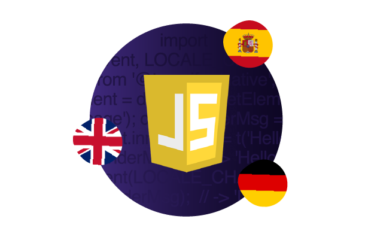What is a localization tool?
A localization tool is software that helps translate and adapt content, such as text, software, or websites, to meet the linguistic, cultural, and regional requirements of a specific locale.
What is an example of software localization?
An example of software localization is translating the user interface of a mobile app from English to Spanish, and adjusting date formats, currency, and cultural references to suit Spanish-speaking users.
What is software localization in open source technology?
Software localization in open source technology involves adapting open-source software to different languages and regions, often done by community contributors who translate and modify the code to meet local needs.
What are the 2 types of localization?
The two types of localization are technical localization, which involves adapting software, websites, or applications, and content localization, which focuses on translating and culturally adapting text, images, and other media.
How do you localize a program?
To localize a program, you extract the text and resources that need translation, translate them into the target language, adjust the user interface for different languages, and test the localized version to ensure it works correctly in the new locale.
What are the challenges of software localization?
Challenges of software localization include handling text expansion or contraction, dealing with different character sets, managing cultural differences, and ensuring consistent translation quality.
Why is software localization important?
Software localization is important because it allows products to reach a global audience by making them accessible and relevant to users in different regions, leading to increased user satisfaction and market expansion.
How is localization done?
Localization is done by extracting translatable content, translating it into the target language, adapting non-text elements (like images and UI), and testing the product to ensure it functions correctly in the localized environment.
What is the difference between internationalization and localization?
Internationalization is the process of designing software so it can be easily adapted to various languages and regions, while localization is the actual process of adapting the software to a specific locale.
How to start localization?
To start localization, assess the content to be localized, choose a localization tool, set up workflows for translation, and collaborate with language experts to ensure accurate adaptation.








 Push & pull strings directly from your code
Push & pull strings directly from your code
 Release instantly across all devices and platforms
Release instantly across all devices and platforms
 Translate your app with just one click
Translate your app with just one click




